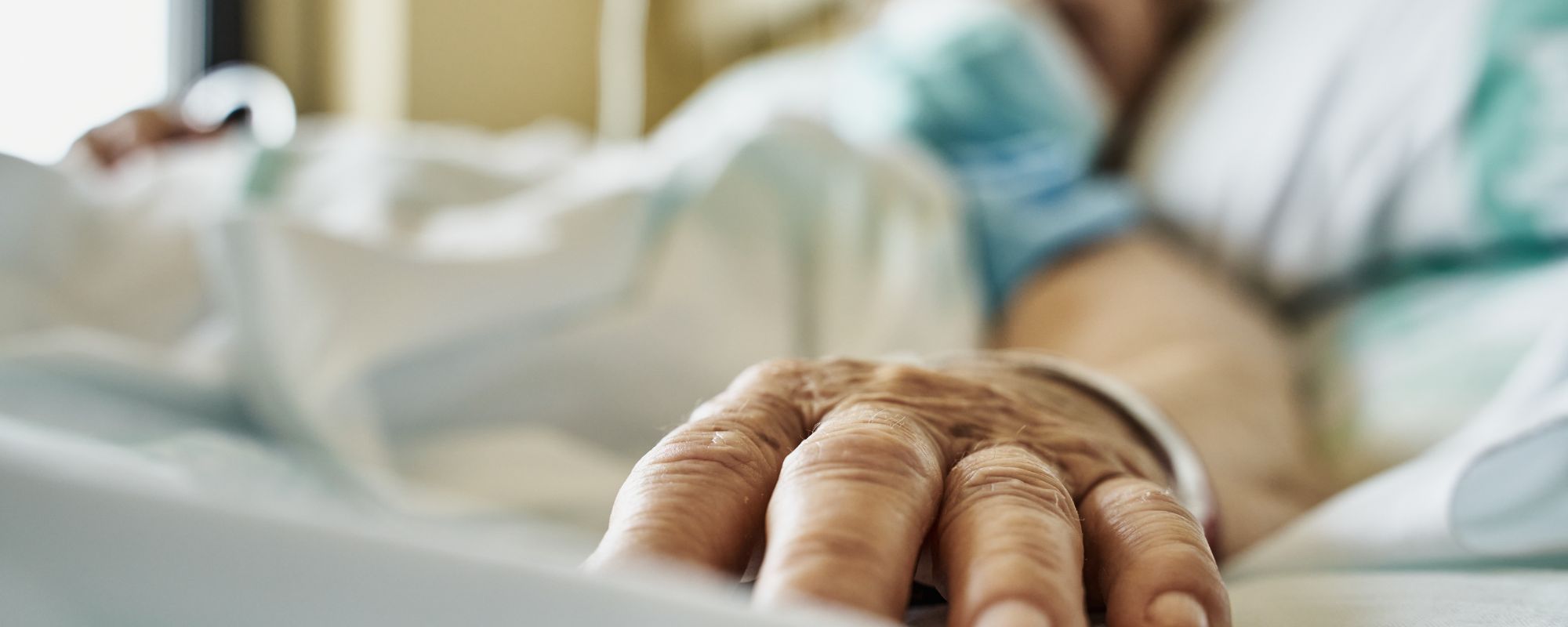Here in the United States, most doctors are prohibited or strongly discouraged from raising assisted death with one of their patients. The request must come from the person in question. But, apparently, a guidance document that was produced by Canada’s providers of medical assistance states that doctors do have a professional obligation to bring up MAID as a possible option. This is when it is medically relevant and the person is then likely eligible to end part of the informed consent process.
Videos by Rare
Apparently, there is no legal restriction on who can provide the information would someone with an irremediable illness or grievous illness, disability, or disease. This provided that the medical intent is not to persuade, induce, or convince a patient to request an assisted death. This according to the Canadian Association of MAID assessors and providers.
Still, some medical experts have argued that introducing death as a treatment option without a patient suggesting it first can be problematic. Patients can be influenced to choose to have their life ended for them, giving power dynamics of the patient and doctor relationship.
Do New Changes to Canada’s Medical Assistance in Dying Laws Go Too Far?
“Some people, no matter how well-handled your conversation, may infer that it’s essentially a suggestion. They would also definitely infer that they have the strong potential to meet eligibility criteria, or you wouldn’t be offering it,” stated University of Toronto bioethicist Kerry Bowman.
The CAMAP document, Published in 2019, was created when MAID was restricted to those whose natural death was foreseeable. But it remains a guide for nurse practitioners and doctors navigating MAID “eligibility criteria. The subject of “bringing up MAID is the topic of one of the components of the new MAID curriculum under development, and it was part of a free, professional development webinar for health-care providers this week.”
According to the National Post, Canada’s assist and dying law reveal that no health care professional commences any offense “if they provide information to a person on the lawful provision of medical assistance and dying.” Canada’s MAID Assessor’s and provider stated that there isn’t a provision in the law that prohibits any clinician from starting the discussion further raising the possibility of MAID.
Although it is legal to counsel someone to die by Suicide, two councils from a patient-doctor perspective mean to discuss and inform the group’s guidance reads.
“However, once options for all treatment options including cessation of treatment are presented to the patient, it would be appropriate to disclose the availability of MAID,” they noted.
New Law on Medically Assisted Death Passes
“We have to make sure that people are aware of their options,” Trouton said. “Awareness is not the same as coercing them or pushing them in that direction,” CAMP’s Vice President Dr. Konia Trouton stated.
“There shouldn’t be any ethical tension in bringing up with a patient that has a serious illness, disease, or disability, ‘What are your goals? What are your hopes? What are the things you want done and do not want done?
She continued, “Do you want to move to a nursing home? Do you want to be resuscitated? Do you want CPR? Do you want to be in the intensive care unit?’ And within that, ‘Is assistance to die something that is ethically abhorrent to you or acceptable to you? Is that something you want to explore more, or not?’”
Trouton did not that not providing information about MAID in a timely manner to a patient who might be eligible can create harm. “People may then suffer for longer, lose capacity to consent “or have an end-of-life experience which may be unacceptable to them.”



